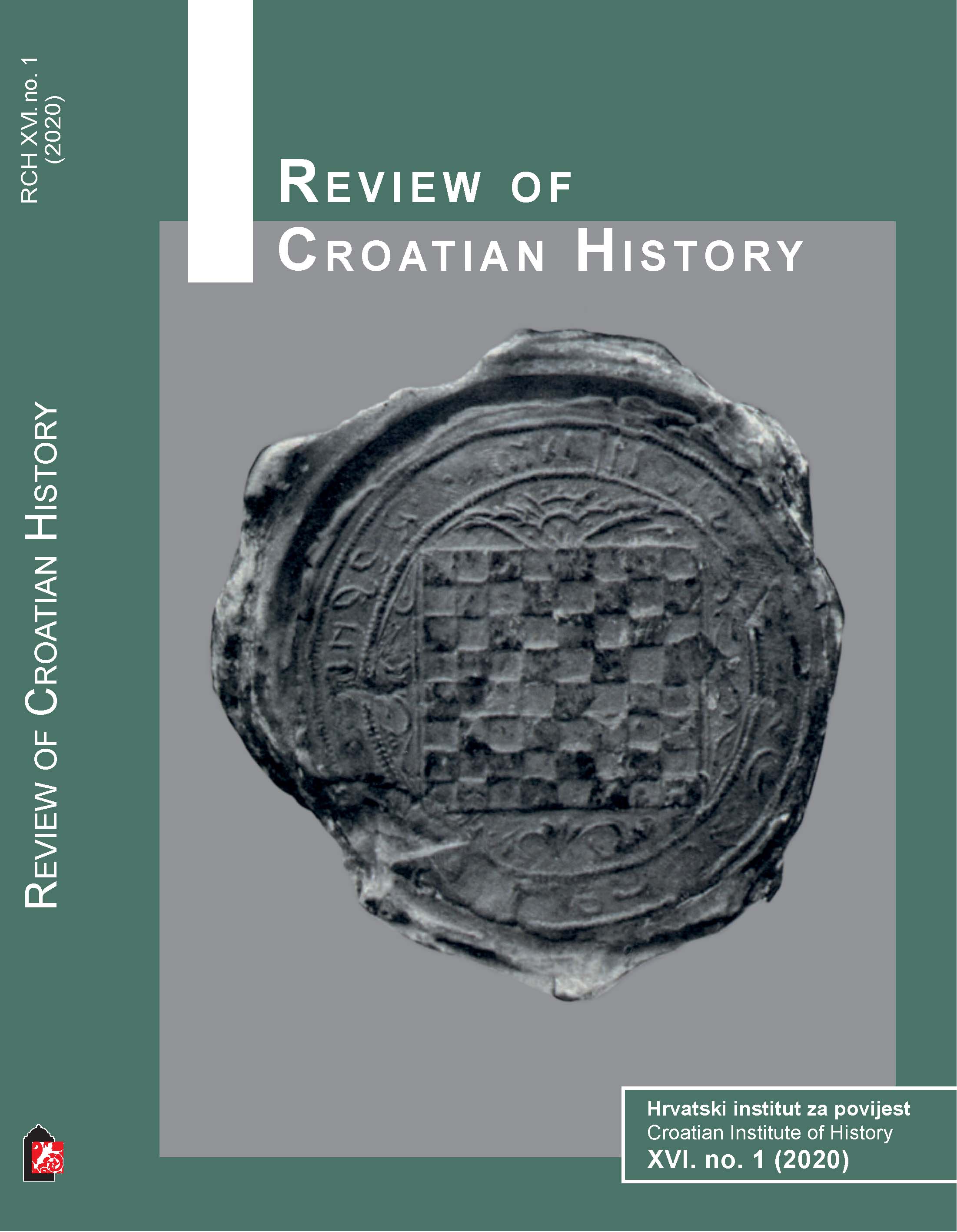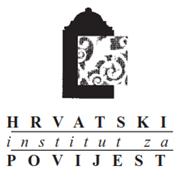The Life and Decline of a Planned Industrial Town
The Case of Lički Osik
DOI:
https://doi.org/10.22586/review.v16i1.11295Keywords:
military enterprise, Lika, socialist regime, Marko Orešković, Lički Osik, urban planningAbstract
This paper discusses the emergence, existence, and fate of a planned, systematic town in a passive region of the then Federal People’s Republic of Yugoslavia – later renamed to Socialist Federal Republic of Yugoslavia – in the period after World War II. The author critically assesses the reasons for the creation and construction of a modern town at the locality of Lički Osik in central Lika. The town was entirely dependent on and shared the same fate with the military industrial facility “Marko Orešković”, as it was built to support its production. Economic, social, and cultural ups and downs marked the half-century existence of this town, defining both its uncertain present and its promising future. Based on unpublished archival documents from that period, the author has reconstructed the reasons and modes of existence of the planned military enterprise as well as the associated town, which remains emblematic as an unrealistic and misunderstood economic development project in this part of Croatia.
Downloads
Published
How to Cite
Issue
Section
License
Copyright (c) 2020 Review of Croatian History

This work is licensed under a Creative Commons Attribution-NonCommercial 4.0 International License.
The copyright holders are the Croatian Institute of History (as the publisher) and the authors.
The Review of Croatian History is an open-access journal. Its contents are freely accessible in their entirety. Users may read, download, copy, distribute, print, search, or put links to its material, and to change, reword, and process the material or use it in other legal ways, as long as they cite the original in the appropriate manner, in accordance with the Creative Commons licence CC BY-NC.
Works published in the Review of Croatian History may be deposited in institutional or thematic repositories, as long as the appropriate links to the web pages of the Journal and Hrčak (central portal of Croatian scientific journals) are made available.
The self-archiving policy is indexed in the Sherpa/RoMEO database, where it is visible that the journal allows the depositing of unreviewed (pre-print), reviewed (post-print), or publisher’s versions of the work.


